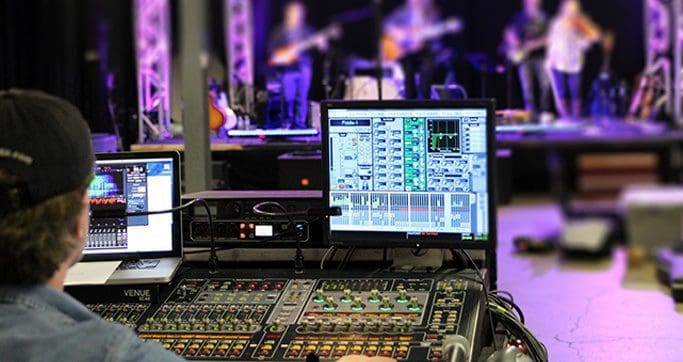Kyle Welch is one of our Live Sound Instructors at The Blackbird Academy. He has worked in the entertainment industry as a live sound and recording engineer for the past 17 years. Kyle has worked for artists such as Chris Daughtry, Bo Bice, Sheila E, Doc Watson, We the Kings, and Green River Ordinance. He has also been a professional musician and guitarist for over 22 years. Kyle graduated from the University of North Carolina at Greensboro with a degree in jazz and classical guitar and then studied entertainment technology at Guilford Technical Community College in North Carolina. See what he has to say about his classroom experience within The Blackbird Academy, and Kyle offers practical tips for live engineers everywhere!

What are some pragmatic tips for someone who is interested in getting into the live audio engineering business?
Listen critically. I try to tell my students that they need to listen to all genres, not just the genres they enjoy. And listen to the music from not only the standpoint of “I enjoy it, and it has an emotional response.” I think that’s why we all get into music in the first place, but also listen to it from a technical standpoint. When you’re listening to a mix, you’re always listening to the number of instruments present – plus one, which is the picture as a whole.
Attention to detail. This goes with critical listening — because when you listen critically, you’re paying attention to the finer details of things. And that is what is going to put you head and shoulders above somebody else who has the same technical skills you do. Even if it’s something as small as when you start out working as a tech and you have to put out water for the artist, you know they prefer having the caps already broken. The little things to the big things — it’s all important, and it all comes back to your attitude. Just having an excited and enthusiastic attitude is important — people want to be around that, it becomes infectious.
What are good places to network in this industry?
Local bands. If you’re just starting out, network with local bands that are up and coming that probably don’t have any engineers working with them yet. Talk to local bands and say, “I’m looking to get in the industry, and I like what you do. Here’s my information. Can I come work for you?” I used to do gigs where I would work for free the first time. If the band likes you, they’ll invite you to come back and do another show, and hopefully, that will turn into something.
Sound companies. That’s really how I got my start. I was interning at a recording studio, and then that morphed into a job when one of the bands that we were recording was looking for a live sound engineer. They had finished their record and were ready to go out and start playing. And so they called back to the studio and asked if there was anybody interested, and I said, “Yeah, I’ll do it.” It’s about being in the right place at the right time. And when that time comes around, you have to be the guy with the skills to do the job.
What are some of your favorite pieces of gear?
Delay unit: Lexicon PCM-42. Modulation-based effects are my favorite. Console: Midas consoles: Heritage 3000; Digico console for digital. Mics for guitar amps: Original Sennheiser 409 microphone
What do you think is the best thing about Blackbird’s education?
A complete hands-on submersion and practical approach. Blackbird’s relationships with folks in the industry already are a massive advantage that I don’t think you’re going to get at any other school. We take our students on tour buses to shows, and our students usually end up helping out as crew members. Where else are you going to go to school where this is Thursday’s class? We got on a tour bus, we unloaded it, we set up, we ran sound, we made the client happy, and we went home. We teach students by getting them to do the job.
What kind of classroom experience do you try to give your students specifically?
I try to keep a mix between lecturing/understanding the concepts and hands-on experience. I like to apply concepts to a piece of equipment or a lab so that it isn’t just some guy up here telling students that this is the way it should be done and that this is how it works. I like to get into, “This is what we call this, this is why it does this, and now let’s look at examples of how it actually works in practicality.” I try to make it come full circle. Let’s not just say here is the solution but look at why the solution works. This helps with the exchange of information — it goes both ways — I end up learning things every day from students.
So I enjoy blending the art with science. I like teaching different mixing techniques and, once we have a mix built, looking at different ways to use your earlier work to season the mix and add dimension to the foundation you’ve built. Like, let’s add this crazy thing here for one moment to keep our audiences’ attention — bringing the art into it. One of my favorite lectures to give is a lecture on digital audio theory. I don’t know why it is; I think because I’ll get a lot of lightbulbs and “ah-ha!” moments from it. And I just enjoy teaching the subject.
What would you say to audio engineers who aren’t necessarily interested in touring?
Probably one of the biggest places for work right now are houses of worship. But anything from small-town entertainment venues to conference centers to theme parks are viable options — there are so many opportunities in the industry that don’t require touring. We had a student graduate who recently went on to work for Sweetwater Sound. They have a live performance venue and a recording studio, so she’s the tech that oversees both venues. She goes to the same place for work every day. There are so many places like that.
Why Nashville versus Los Angeles, Austin, or New York City?
Nashville is just such a huge music hub right now. I mean, there are just so many bands and musicians here that there’s a natural need for sound engineers. Geographic location is important as well. Nashville has become such a hub for launching tours because of its accessible location. You can be anywhere in the midwest, northeast, or southeast in one overnight bus ride. I haven’t spent a lot of time in the other cities you mentioned, so I don’t want to speak to that, but there’s just so much happening here right now.
How did you personally develop your live sound skills?
By accident! I really got into it because I was in a band, and honestly, I was the guy who could figure out how to hook up the gear. I always had a passion for electronics and the melding of art and science, but I didn’t know I had that passion until I got into it. Then I was hooked. To keep the band going, I bought a PA and then ended up with more and more gear. After that, I eventually ended up working for a local sound company. I wanted to be a rockstar guitar player, but this is a lot of fun too. I love being able to work on both sides.
